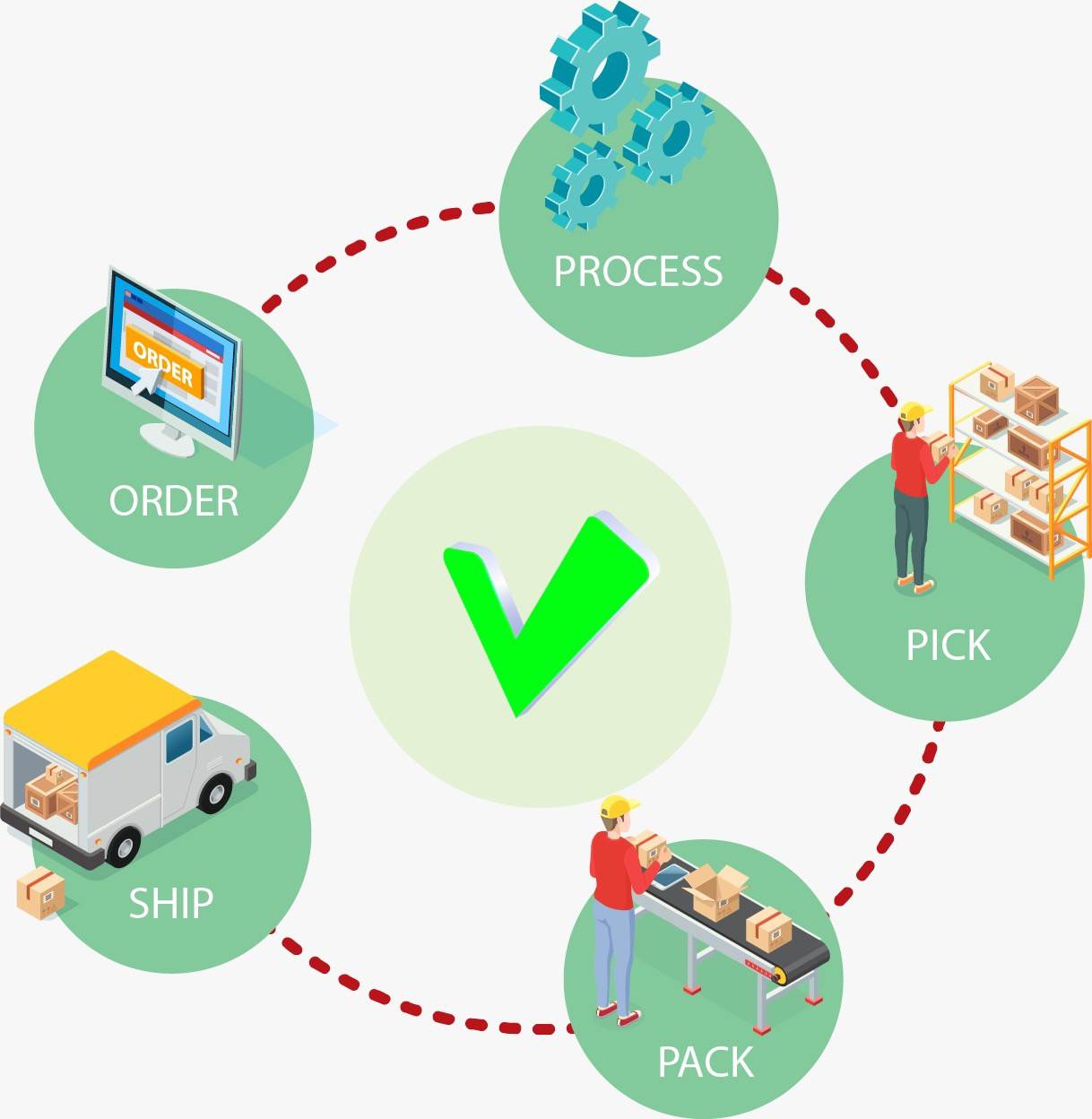Maximizing Ecommerce Fulfillment Efficiency for Unparalleled Success
In the ever-evolving landscape of e-commerce, fulfillment is the cornerstone of customer satisfaction and operational efficiency. With consumers expecting seamless and expedited delivery experiences, optimizing ecommerce fulfillment processes has become paramount for businesses aiming to stay ahead in the competitive market.

Understanding Ecommerce Fulfillment
Ecommerce fulfillment encompasses the entire process from receiving an order to delivering the product to the customer's doorstep. This intricate process involves various stages, including inventory management, order processing, picking and packing, and shipping. Each stage plays a critical role in ensuring timely and accurate delivery while minimizing costs and maximizing efficiency.
Streamlining Inventory Management
Effective inventory management lies at the heart of efficient fulfillment operations. By leveraging advanced inventory management systems and technologies, businesses can accurately track stock levels, forecast demand, and optimize inventory replenishment strategies. Real-time visibility into inventory levels enables proactive decision-making, preventing stockouts and overstock situations that can impede fulfillment efficiency.
Optimizing Order Processing
Swift and accurate order processing is essential for meeting customer expectations and maintaining operational agility. Automation tools and order management systems can streamline order processing workflows, reducing manual errors and accelerating order fulfillment cycles. By integrating order processing with inventory management systems, businesses can seamlessly synchronize order fulfillment with inventory availability, ensuring prompt order confirmation and fulfillment.
Enhancing Picking and Packing Efficiency
Efficient picking and packing operations are critical for minimizing order fulfillment times and reducing labor costs. Implementing warehouse layout optimization techniques, such as zone picking and batch picking, can enhance picking efficiency and minimize travel time within the warehouse. Additionally, utilizing packing automation technologies, such as automated packing stations and packing algorithms, can streamline the packing process while ensuring consistent packaging quality.
Streamlining Shipping Processes
The final leg of the fulfillment journey, shipping, holds significant implications for customer satisfaction and cost management. Leveraging shipping optimization tools and carrier integrations can help businesses select the most cost-effective and efficient shipping methods based on factors such as package dimensions, weight, and destination. Furthermore, implementing track-and-trace capabilities enables real-time shipment monitoring, empowering businesses to proactively address any shipping issues and provide customers with accurate shipment status updates.
Leveraging Technology for Enhanced Fulfillment Efficiency
In today's digital era, technology plays a pivotal role in revolutionizing ecommerce fulfillment operations. From advanced inventory management software to robotic warehouse automation systems, innovative technologies are reshaping the fulfillment landscape, enabling businesses to achieve unprecedented levels of efficiency and scalability.
Implementing Advanced Analytics
Data-driven insights are instrumental in optimizing fulfillment processes and driving continuous improvement. By harnessing the power of advanced analytics, businesses can analyze fulfillment performance metrics, identify bottlenecks, and uncover optimization opportunities. Predictive analytics capabilities enable proactive problem-solving, allowing businesses to preemptively address potential fulfillment challenges and enhance overall operational efficiency.
Embracing Robotic Automation
Robotic automation technologies, such as automated guided vehicles (AGVs) and robotic picking systems, are revolutionizing warehouse operations by augmenting human labor with precision and speed. These advanced fulfillment solutions enable seamless collaboration between human workers and robots, optimizing picking and packing processes and increasing fulfillment throughput. By integrating robotic automation into fulfillment workflows, businesses can achieve unparalleled levels of efficiency, accuracy, and scalability.
Utilizing Artificial Intelligence
Artificial Intelligence (AI) is poised to transform fulfillment operations by enabling predictive analytics, demand forecasting, and dynamic routing optimization. AI-powered algorithms can analyze vast volumes of data to anticipate customer demand patterns, optimize inventory allocation, and orchestrate shipping logistics in real time. Moreover, AI-driven chatbots and virtual assistants enhance customer service by providing personalized support and resolving fulfillment inquiries promptly.
Conclusion: Elevating Ecommerce Fulfillment to New Heights
In the fast-paced world of e-commerce, fulfillment excellence is non-negotiable for businesses striving to thrive in the competitive landscape. By adopting a holistic approach to ecommerce fulfillment and leveraging cutting-edge technologies, businesses can optimize fulfillment processes, exceed customer expectations, and achieve sustainable growth. Embracing innovation, data-driven decision-making, and continuous improvement are the keys to unlocking unparalleled fulfillment efficiency and driving success in the digital age.
- Industry
- Art
- Causes
- Crafts
- Dance
- Drinks
- Film
- Fitness
- Food
- Spellen
- Gardening
- Health
- Home
- Literature
- Music
- Networking
- Other
- Party
- Religion
- Shopping
- Sports
- Theater
- Wellness
- News


